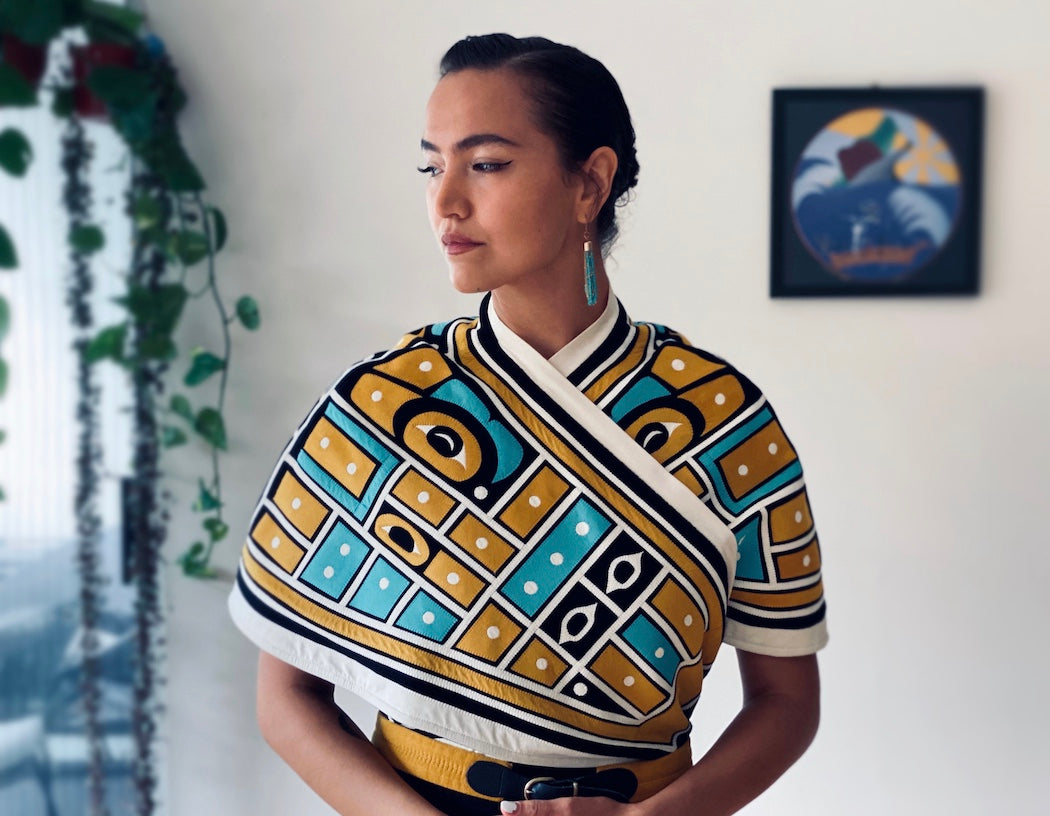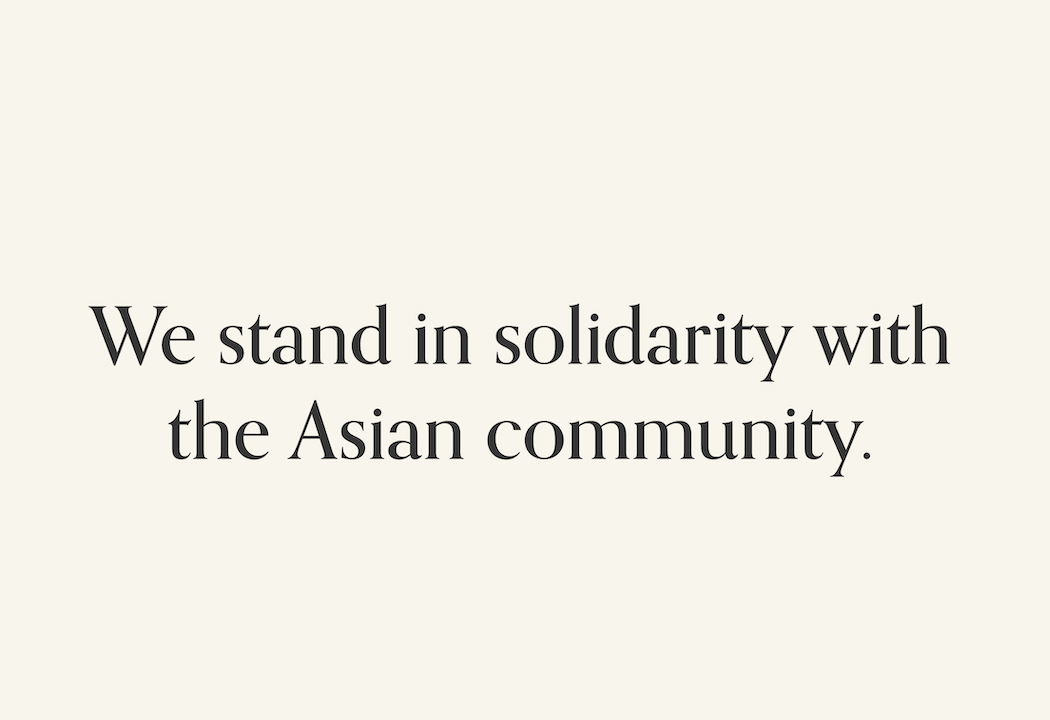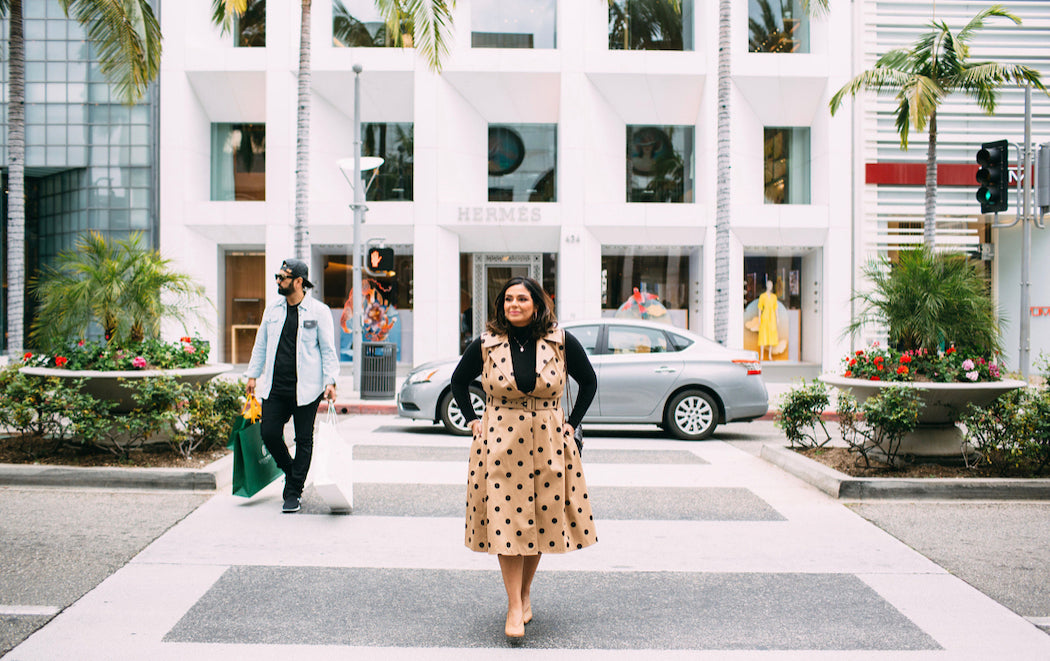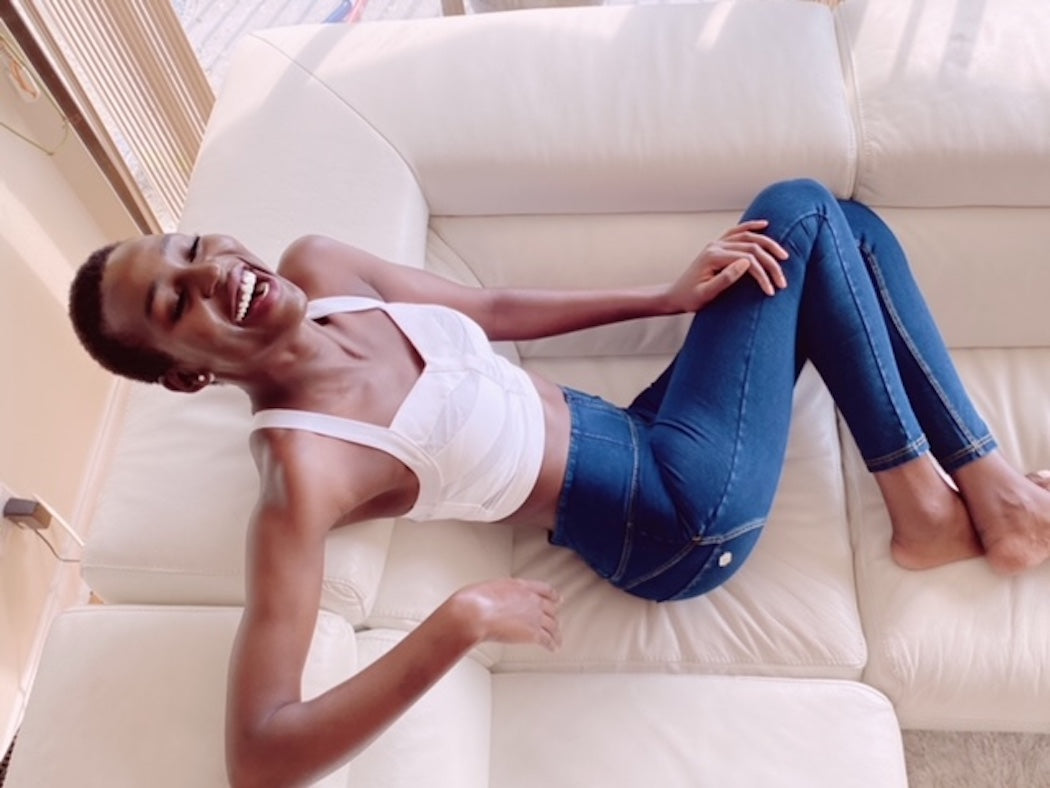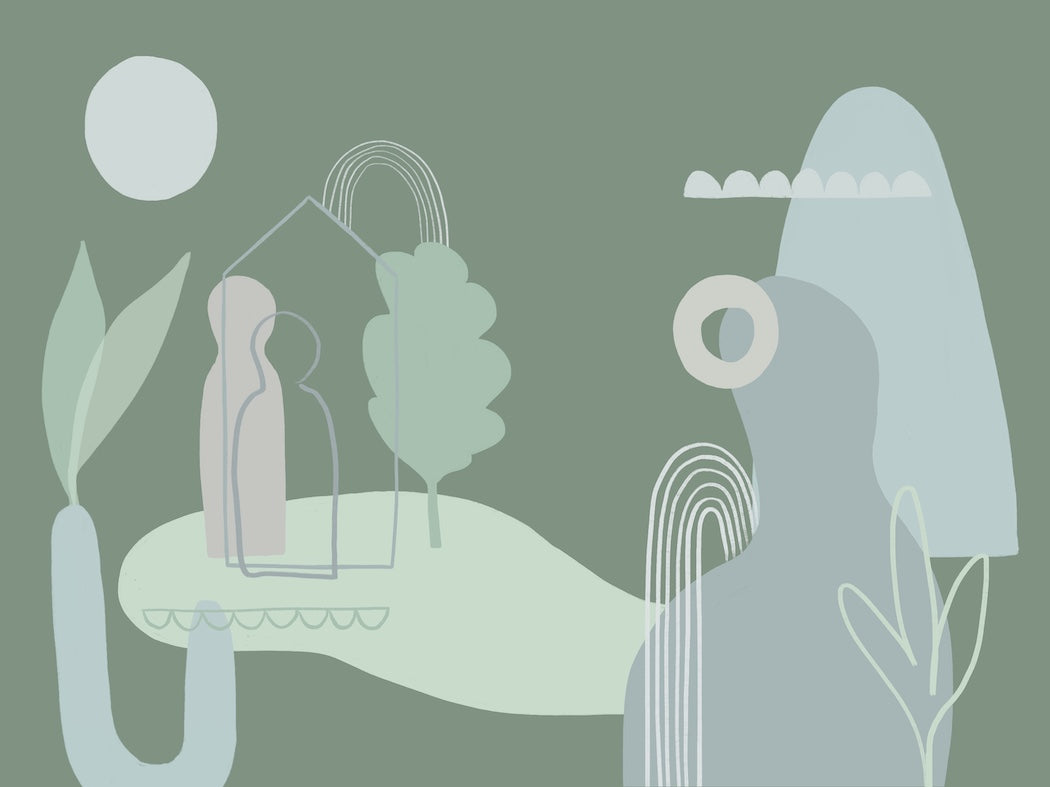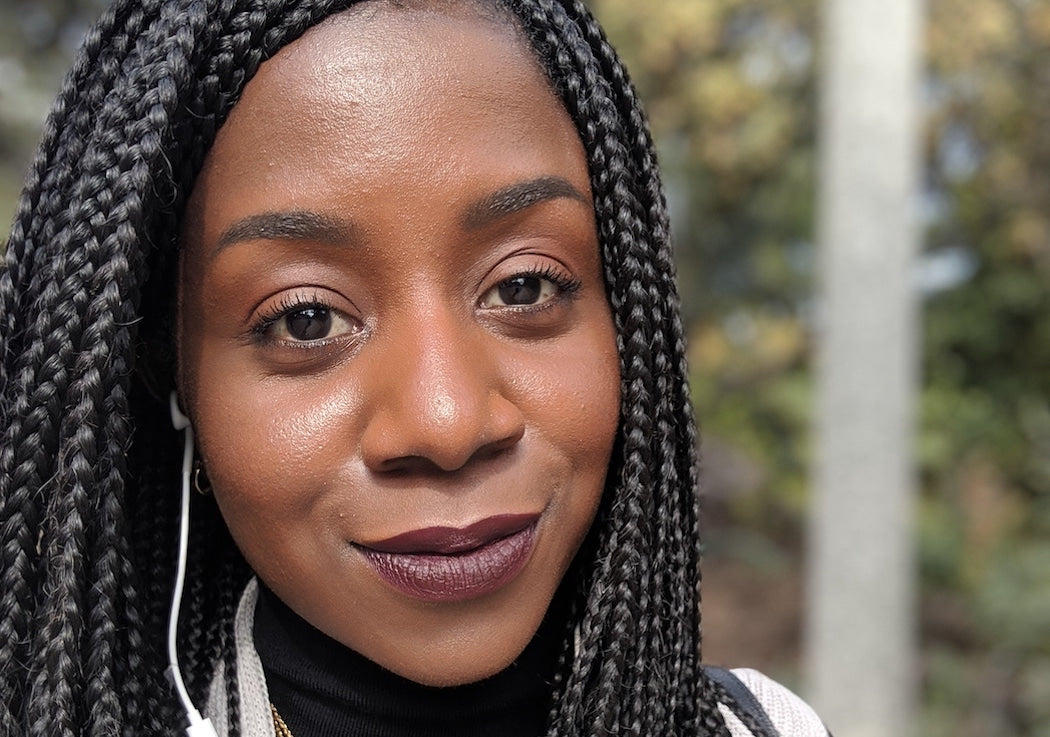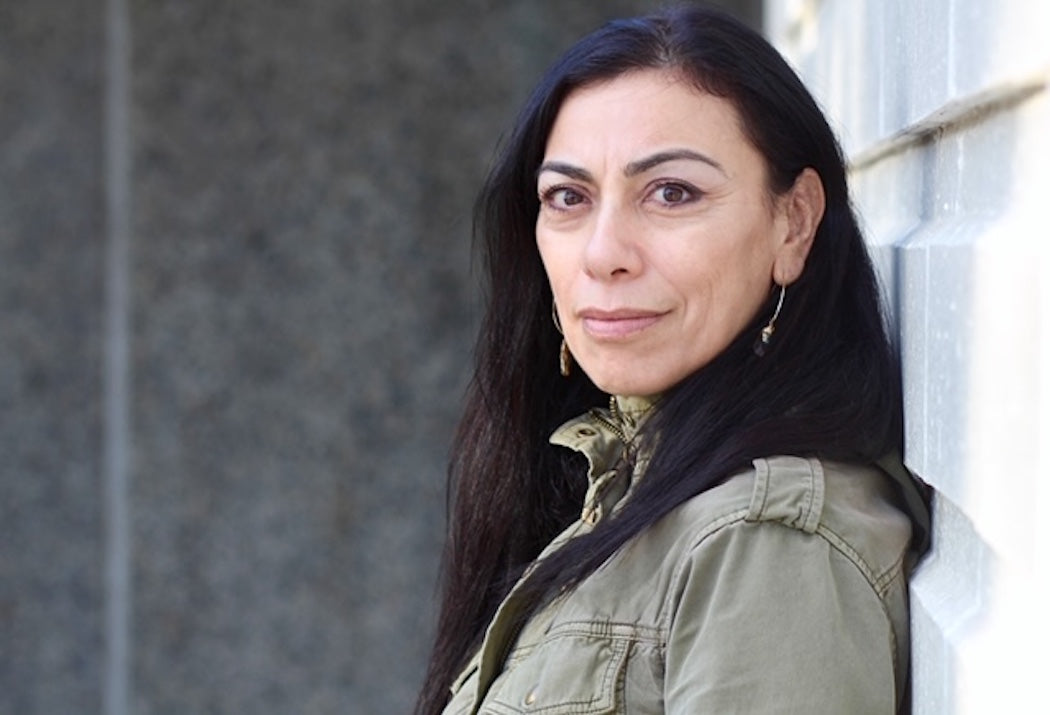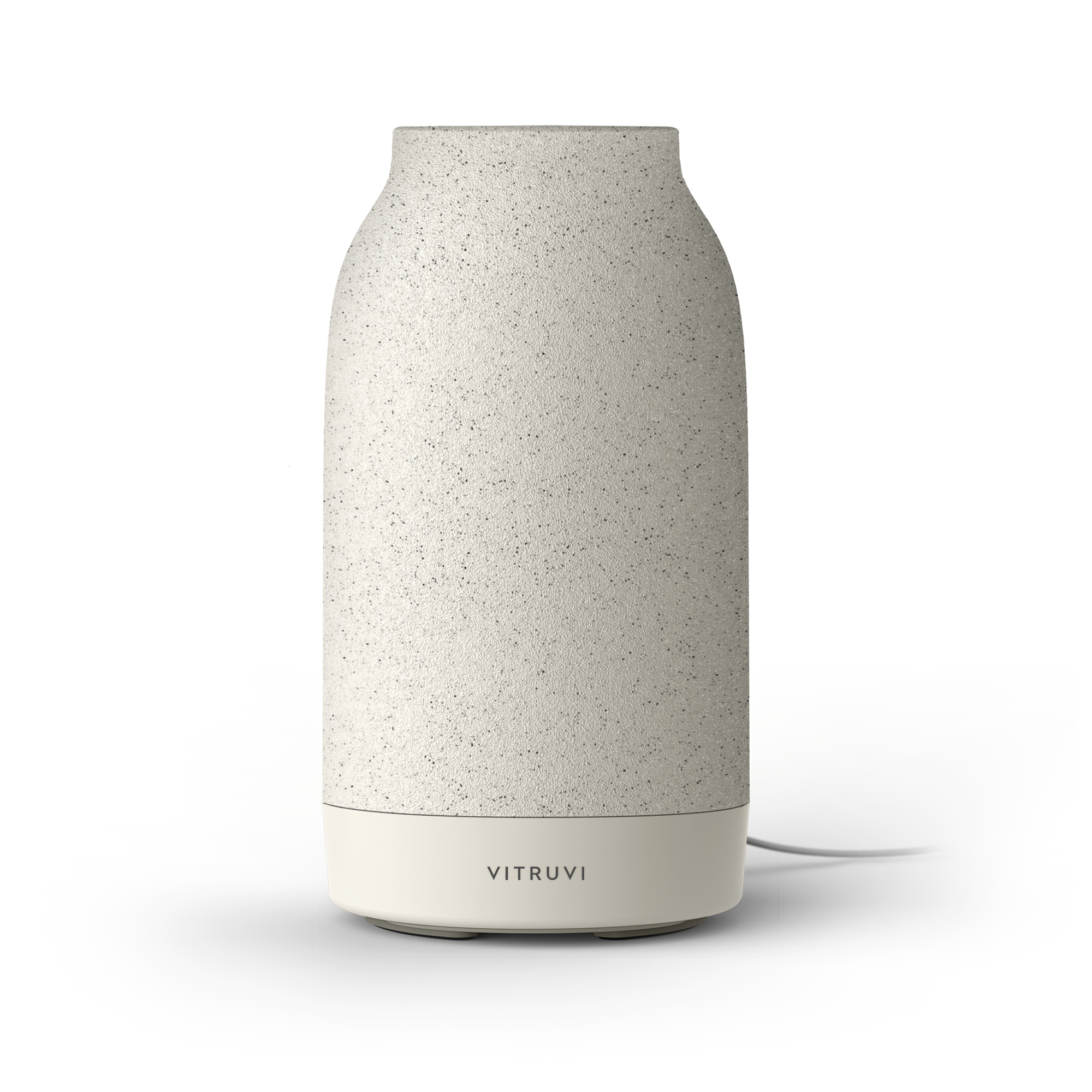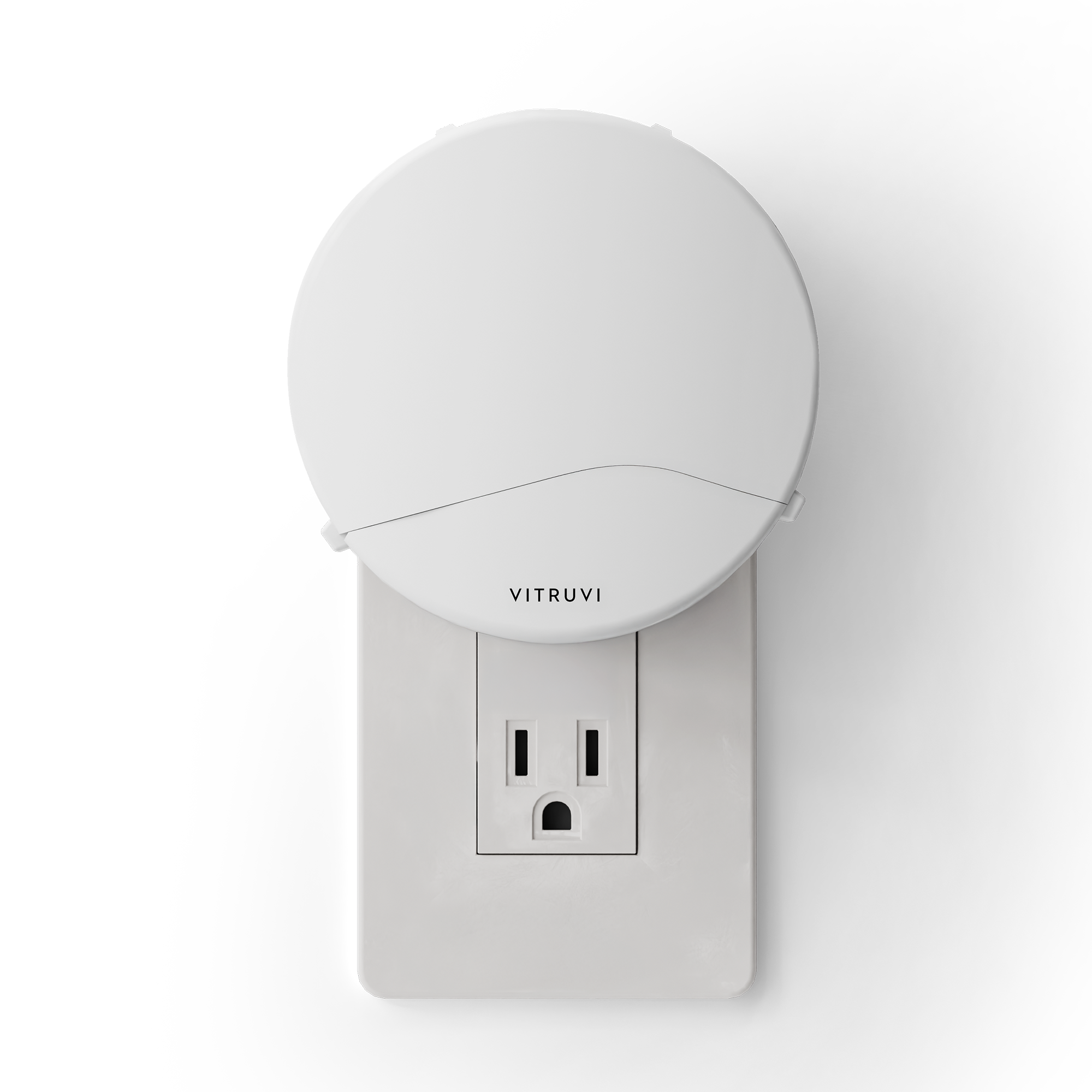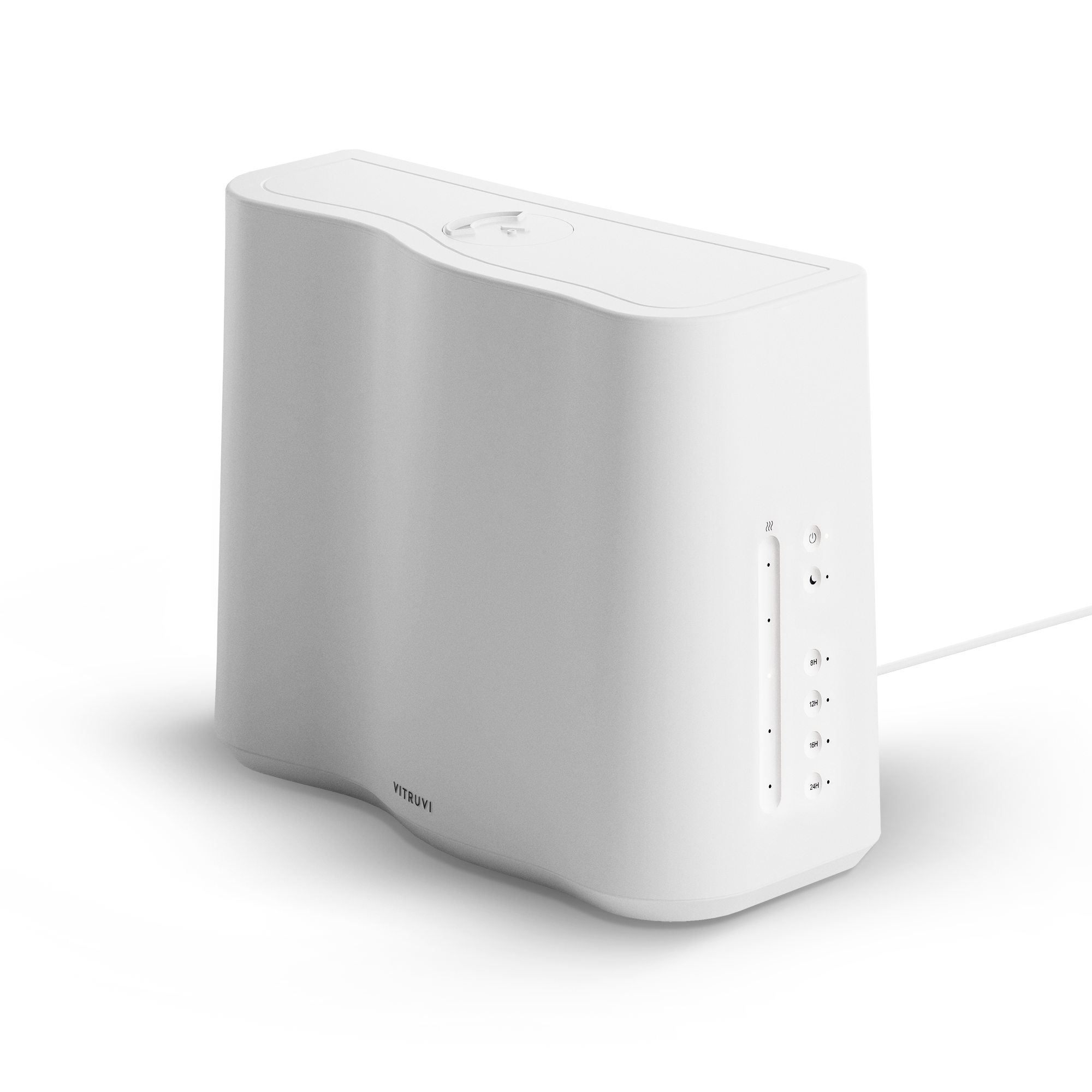“To tell a story that is from the Indigenous perspective,” Grace Dove says, “is the dream.”
The Indigenous actor from Prince George, B.C. burst onto the silver screen in the acclaimed epic The Revenant, in which she played Leonardo DiCaprio’s wife. Since then, she has made it her mission to tell authentic Indigenous stories, using her platform to showcase the beauty, power, and strength of her people.
Most recently, she does this with elegance as the lead in director Loretta Sarah Todd’s latest film Monkey Beach, based on the celebrated Eden Robinson novel of the same name. Making its world premiere at the 2020 Vancouver International Film Festival, Monkey Beach is a moving allegorical story about a Haisla Nation family in Kitimaat, B.C. both haunted and empowered by the ghosts of its loved ones. Dove shines as Lisamarie, who returns home to reconnect with her kin and uncovers her own power along the way.
Based between Vancouver (the unceded territory of the Squamish, Tsleil-Waututh, and Musqueam nations) and Los Angeles, Dove is also currently in post-production for Kiri and the Dead Girl: her directorial debut. Via video, she discusses Monkey Beach, working with DiCaprio, the importance of Indigenous representation in every aspect of movie-making, and how she keeps herself grounded through it all.
Congratulations on “Monkey Beach.” What was that experience like for you?
The whole process was totally life-changing, from even reading the script for the first time and just getting chills knowing that this is what I’d been working so hard for. And then to be able to lead my first movie, and have Adam Beach play my uncle and Nathaniel Arcand play my dad—it’s just so cool how it all came together.
This is the closest story to home that I’ve ever told. I’m Secwépemc, I’m from the interior and I grew up in Prince George; in my other roles I’ve played different Indigenous characters, but this is the one that’s physically closest to my own territory, so it felt really meaningful to me. I learned a lot exploring the character of Lisamarie and learning about the Haisla people, and I feel very honoured that they trusted me to tell this story.
What does it mean to you to be able to tell Indigenous narratives on screen?
When I started this career path, I just wanted to be an actress—I just wanted to play different characters and explore different parts of me. I always felt like acting was a safe space to explore human emotions, and I didn’t realize how much activism it would create for me. When I did The Revenant in 2015, all of a sudden people were asking me my political thoughts and how I stand on certain things, and I thought, “Whoa, I thought I was here just to be an actress.” And at first I wanted to really push away from that and try to steer clear of saying too many things that I didn’t understand yet as a young person. But instead what it did was force me to start coming up with opinions to start standing behind things that I really believe in, and to use my platform for the greater good. So it forced me into activism and speaking up for our people, and I think that that’s a real gift that I didn’t know I would have.
Now as I get older and as I’ve had more experiences in Hollywood and across North America, I’m realizing just how much change I can create with the roles I choose. That’s why Monkey Beach is so important, because people are interested. It is the right time, it’s the right year—there’s just enough uprising and just enough revolution that people will come out of this movie hopefully wanting to learn more about the Indigenous experience and what we’ve been through.
You mentioned how in “Monkey Beach” you play someone from a nation geographically close to your own. How do you tackle each role and the nuances of people from different nations?
I go about every movie role with first diving into the history—not just what they have been through in their lifetime, but what did that character’s ancestors go through? Because across Turtle Island, across what is now called North America, every nation, every tribe, has had their own battles, has survived generations of trauma and colonization. And each one of those battles and each one of those moments in history that they survived, that shaped that character. So for me it’s really exciting to be finally educating myself, because I didn’t learn any of that stuff in school. Now to be learning about our resilience, it really gives me strength.
Growing up, I didn’t have that sense of pride because it wasn’t taught to me. No one in schools or anyone that I was surrounding myself with made me feel really proud of my heritage, because there was so much racism within the school system—because there’s so much racism in B.C. and in Canada.
We are all unceded here, so learning what that meant and just the strength behind that, all of a sudden I was able to be really proud of being Indigenous. And that’s what something like Monkey Beach can do. The fact that it touches on all these really serious things—there’s a scene where all of a sudden they start mentioning some of the residential school trauma. And you feel it coming, and it creates this anxiety because you know that this is real, and that all of our parents and grandparents and their grandparents have gone through this. So they start touching on it, but then also it brings up the whole controversy within our families of: how much do we keep bringing it up, but also how much do we protect the youth? It’s really interesting that this movie can touch on those things, because that’s how our lives are.
I’d really like to continue doing movies like Monkey Beach that showcase the other side of it: how strong our families really still are, and how no matter what we’ve been through, we still have so much hope.
Let’s talk about “The Revenant.” How did it feel to book that film?
That was my first big role that I had booked out of acting school, and I couldn’t even believe it —even when I was flying to Argentina to shoot my first scene, I still couldn’t believe it. The whole experience was so surreal. I think it was the first sign that I got saying that I was on the right path and that I should keep doing this, because of the platform it created—because of the hundreds of messages of support I got from Indigenous peoples everywhere supporting me and saying how great it was seeing me at that level. And the platform that it gave me and realizing that this career I chose isn’t just about me, it’s so much more. It’s about showing the world that we are still here.
What was your experience working with Leonardo DiCaprio?
It was really hopeful for me, because working with Leo, he showed me that no matter what level you get to in your career, no matter what level of fame you get to, you can still be a real person. You can still be compassionate and understanding and care about the earth, care about the people around you, and use your voice for change. I remember having a conversation with him while we were on set and he asked me all about my family, what my people were like, what our traditions were like.
I’ve always worried as a young person and as an Indigenous person: is there space for me in Hollywood? Will I go there and get eaten up or have my values tested? But after meeting him and seeing how he operates, I realized that no matter where my career goes, as long as I stay grounded and remember what my purpose is—and that my purpose is bigger than me—then I will be okay navigating those spaces. And hopefully make more safe space for the next generation of young Indigenous actors to come up, because I think Hollywood really needs us.
With that in mind, how can we start to address Hollywood’s lack of Indigenous representation?
Until we can be in the driver’s seat, until we can be sharing our experiences and telling these stories with authentic Indigenous actors, then we’ll never get to the place that we want to. So it’s up to producers and writers to be collaborating with us; we need to be in there, starting in the writers’ room.
If I book a role, then it’s up to me to make sure that I’m representing that nation properly—because the problem is that so many roles from the past are so general. Every single Indigenous nation and tribe is so uniquely different, and the problem is that so far we haven’t been getting that specific. So when I’m in the role, I go, “Okay, I’ve studied these people. What makes them unique? What can I bring to this character to represent them in a good way?” And that’s why Indigenous representation is so important, because if the actor’s not actually Indigenous, then they’re probably not going to fight for those little things.
With such a busy schedule and so much on the go, how do you take care of yourself?
Every time I get beat down and want to give up, which happens in cycles much more than I’d like to admit, I just remember my purpose and what acting is for me—and for me, it’s being a vessel of change. And it’s creating safe space for the young people coming after me. I try to stay grounded in my territory by visiting home; I try to practise my culture with smudging; I stay connected with my family.
And taking care of my body is number one, because in this day and age there are just so many toxic things out there when it comes to what we’re putting in our bodies. I’m a huge advocate for healthy eating and exercise. Even when I’m extremely busy, even when I’ve been on set for 12 hours, I still move for 30 minutes. Whether it’s going outside for a light walk, a jog, doing yoga, or training in my hotel room, whatever that looks like, it’s 30 minutes no matter what.
The coronavirus pandemic is keeping so many of us isolated from each other, arguably making the connective power of storytelling more important than ever. What does being a storyteller mean to you?
I had no idea that this would become such a powerful outlet for myself. It’s healing. With every role I do, with every audition I do, I try to uncover a layer of myself that maybe I’ve hidden to protect myself. And that’s okay—as young people, through the traumas we go through, we need to protect ourselves until we’re strong enough to be able to look at that. So I think that my career now is very much about slowly uncovering those layers in front of the camera: being vulnerable and sharing that with other people, because I believe that the more that I offer, the more people can maybe look at themselves and realize they’re going through some of those same things.
That’s why I think that movie-making, and Monkey Beach, can be such a healing tool for everyone: because it makes us more human and brings that connection between Indigenous people and non-Indigenous people. When they see stories about us that show our true resilience and our true power, rather than all the struggles that we have been though—even though they are there—I think they see our beauty.
Is it difficult to shed those layers on screen?
Sharing my own vulnerabilities and my own struggles through a character, for me, feels safe. The camera and I have a great relationship; I can do anything in that sense, because I know that it’s through another character. The hardest part is then when you open up those wounds and you open up your heart, and then you step away from the camera.
That’s why everyone needs some type of art, because I think that art is very healing. If we can give ourselves those places to heal, then we can go out and be strong again in the world.
This interview has been edited and condensed for clarity.

